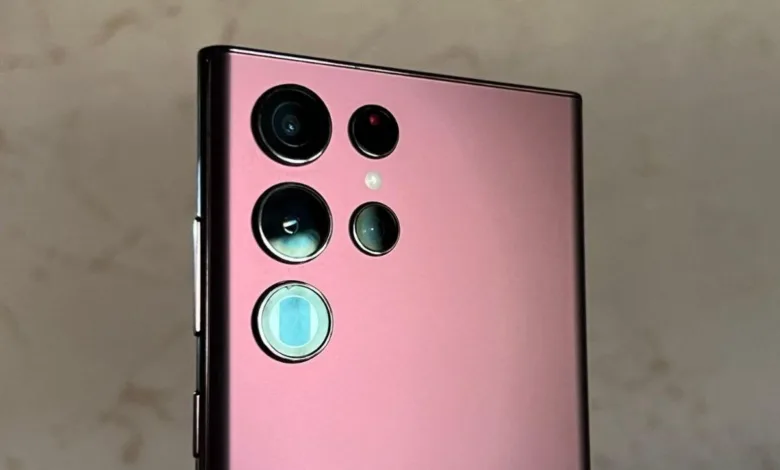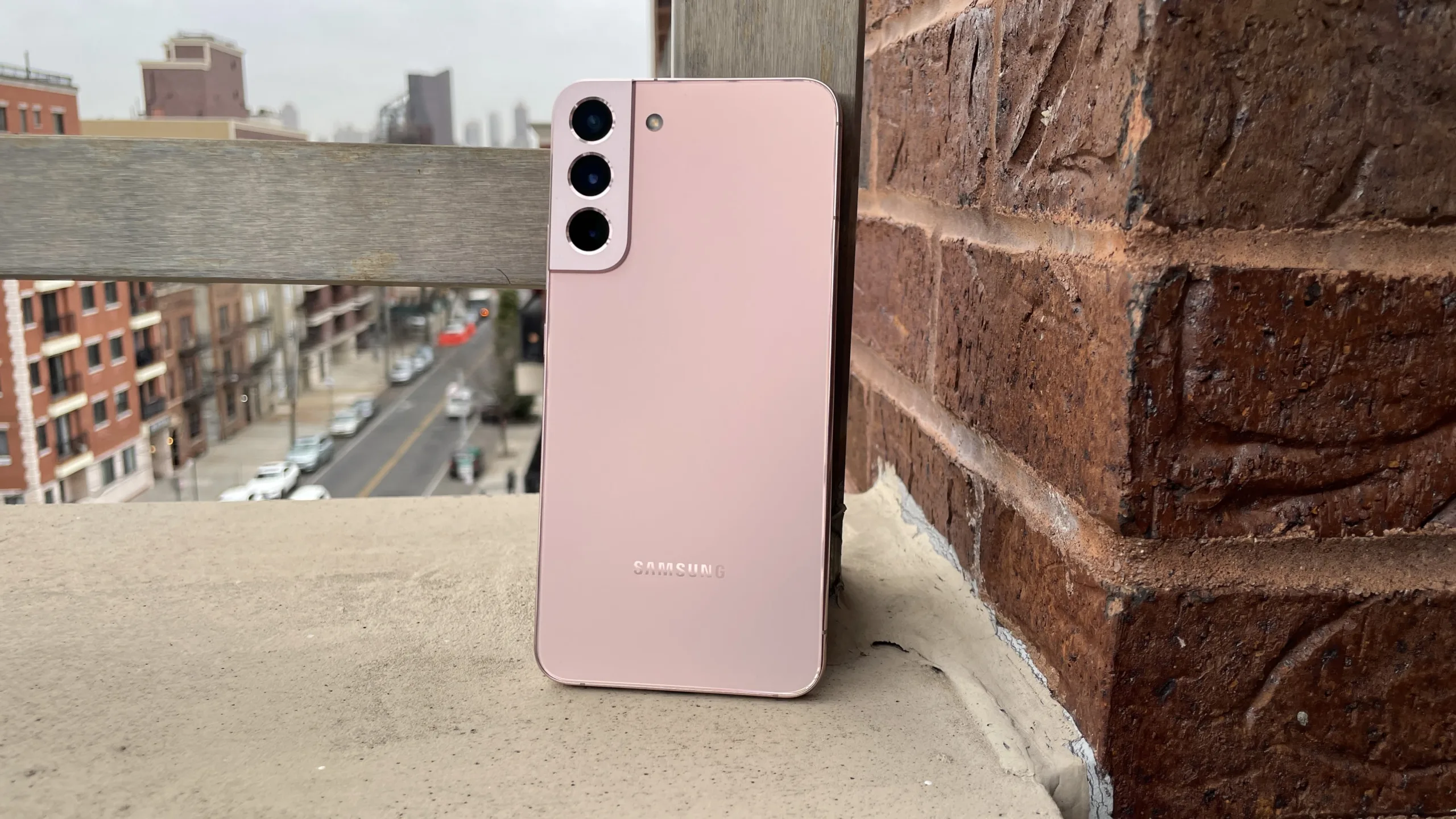
In the ever-evolving landscape of smartphones, Samsung has been a dominant player, renowned for its innovative technology and stylish designs. However, with numerous competitors vying for consumer attention, it’s essential to delve into a comparative analysis to understand how Samsung mobiles stack up against the competition.
Introduction to Samsung Mobiles and Competitors
Samsung, a global leader in the smartphone industry, offers a diverse range of mobile devices catering to various prices and user preferences. Competitors like Apple, Huawei, Xiaomi, and OnePlus present formidable challenges with their unique features and marketing strategies.
Design and Build Quality
Regarding design, Samsung emphasizes sleek aesthetics and premium build quality. Its flagship models often feature glass and metal constructions, exuding sophistication and durability. In contrast, competitors may adopt different design philosophies, from minimalist to bold and unconventional.
Display Technology
Samsung is renowned for its cutting-edge display technology, including vibrant Super AMOLED panels and high refresh rates. Competitors may offer similar features or opt for alternative display technologies, each with strengths and weaknesses.
Performance and Hardware
Samsung equips its devices with powerful processors and ample RAM, ensuring smooth performance even under demanding tasks. Competitors may employ different hardware configurations, aiming to balance performance and energy efficiency.
Camera Capabilities
Samsung’s cameras are known for their versatility and advanced features, including multiple lenses, AI enhancements, and sophisticated image processing algorithms. Competitors strive to match or exceed Samsung’s camera performance, often introducing innovative shooting modes and capabilities.
Performance and Hardware
Samsung prides itself on delivering top-notch performance with its mobile devices, often integrating the latest processors and cutting-edge hardware components. Whether multitasking, gaming, or productivity, Samsung Mobile phones provide a seamless user experience. On the other hand, competitors like Apple, Huawei, and Xiaomi invest heavily in hardware optimization to ensure optimal performance across their device lineup. Each brand may have its approach to balancing performance and energy efficiency, catering to the diverse needs of consumers.
Processor and Hardware Specifications
Samsung frequently collaborates with chipset manufacturers like Qualcomm and its in-house Exynos division to develop powerful processors tailored for its smartphones. These processors boast impressive processing power and can easily handle demanding tasks. Competitors, too, invest in creating custom chipsets or utilize offerings from industry-leading suppliers to deliver competitive performance in their devices.
Camera Capabilities
Samsung has consistently pushed the boundaries in smartphone photography with its innovative camera technologies. From versatile multi-lens setups to advanced AI algorithms, Samsung devices offer various features to capture stunning images and videos in multiple conditions. Competitors such as Apple, Google, and Huawei are equally renowned for their camera prowess, often introducing groundbreaking technologies like computational photography and periscope zoom lenses to enhance the photography experience.

Camera Technology and Features
Samsung’s flagship smartphones often feature high-resolution primary sensors paired with ultra-wide, telephoto, and depth-sensing lenses, enabling users to capture a wide range of perspectives with exceptional detail. Additionally, Samsung’s software enhancements, such as Scene Optimizer and Night Mode, further elevate the photography experience by intelligently optimizing camera settings for different scenarios. Competitors may offer similar features or innovate with their unique camera capabilities, catering to the diverse preferences of photography enthusiasts.
Software and User Experience
Samsung’s One UI provides a feature-rich and intuitive user experience focusing on customization and productivity. Competitors may offer custom user interfaces, each tailored to enhance user interaction and streamline workflows.
Pricing and Value Proposition
Samsung adopts a competitive pricing strategy, offering a range of devices targeting different market segments. Competitors may price their products similarly or position themselves as premium alternatives, emphasizing unique features and value-added services.
Customer Support and After-Sales Services
Samsung prioritizes customer satisfaction by offering comprehensive support services, including online resources, warranty coverage, and repair facilities. Competitors may provide similar support options to address consumer needs and build brand loyalty.
Samsung: A winner all the way
Samsung mobiles stand tall in the competitive smartphone market, offering a compelling blend of design, performance, and innovation. However, competitors continue pushing boundaries, challenging Samsung’s position with their unique offerings and value propositions.
FAQs
- Are Samsung mobiles more expensive than their competitors?
- While Samsung offers devices across various price points, some competitors may offer more affordable alternatives or premium models with comparable pricing.
- Do Samsung mobiles have better camera quality than competitors?
- Samsung’s camera technology is highly regarded, but the quality comparison depends on individual models and specific features offered by competitors.
- Are Samsung mobiles more durable than competitors’ devices?
- Samsung emphasizes build quality and durability, but durability can vary between models and may depend on usage habits and environmental conditions.
- Do competitors offer better software support and updates than Samsung?
- Software support varies among manufacturers, with some competitors providing timely updates and long-term support similar to Samsung’s approach.
- How does Samsung’s customer service compare to that of its competitors?
- Samsung offers a comprehensive support infrastructure, but the quality of customer service may vary depending on factors like location and service centre availability.



